A Daily Mindfulness Practice is the Best Way to Build Empathy for Your Patients
The following is adapted from Called to Care.
Five patients in a row with flu-like symptoms—fast onset of fever and chills, muscle aches and some accompanying runny nose and watery eyes.
Dr. Blain had gotten so used to the diagnosis that he had gone from a fifteen-minute patient interaction on the first patient of the day to less than three minutes on the third. An overrun waiting room and an already overworked staff made it impossible for Dr. Blain to take a break or to even differentiate between patients—they all were the same. By patient three, the story was so similar that Dr. Blain stopped listening, by the fifth patient, he even became bored.
Most healthcare practitioners have been in Dr. Blain’s shoes. When you’re caught in the hustle and bustle of everyday procedures, it can be hard to remember that your patients don’t have the same frame of context you do. While you’re pragmatically tackling the day’s problems, they’re feeling anxious, scared, or angry. No matter how mundane their problems, they need a doctor who shows empathy.
For many reasons, empathy has become a lost art in healthcare. The best way to begin restoring empathy is to create a dailymindfulness practice that will help you slow down, connect, and reject your first impressions.
Mindfulness Forces You to Focus
Mindfulness is an important tool for cultivating empathy in today’s challenging healthcare environment. Literally defined, mindfulness means paying attention in a particular way, on purpose, to the present moment, and without judgment. It’s the ability to focus at the moment on what is important—in this case, the patient in front of you—or perhaps even yourself.
It is a counterbalance to the harmful mindlessness that comes from multitasking. Medical providers are put in the position to multitask far too often, such as focusing on an electronic medical record while your patient is telling you something important about his or her condition or history. Multitasking is viewed as a skill. Unfortunately, research tells us that we can’t really multitask—that we are simply shifting from one task to another and both tasks get shortchanged in the process.
Mindfulness training does five things:
- It decreases mind-wandering.
- It shifts attention quickly (i.e., it allows you to shift attention “in the zone” quickly).
- It allows you to focus longer, which is a critical skill and deliberate practice.
- It allows you to observe your own mental processes rather than be swept away by them.
- It provides an enhancement of executive function. It is a time gap between impulse and action.
When we slow down to actually focus on our patients, it becomes much easier to empathize with their emotions and get to the bottom of their problems. Patients are much more likely to talk to a healthcare professional who seems focused on their problems, rather than one who’s distracted by a full waiting room.
What a Mindfulness Practice Looks Like
One of the easiest ways to hone your mindfulness skills is to set aside eight minutes each day. During that eight minutes, pay attention, on purpose and nonjudgmentally, to the present moment. Train your mind not to wander to external thoughts, like what you’re going to cook for dinner or how many patients you have to see before lunch. Try to keep your attention in the room, focus on your breathing, and notice the details of the environment around you.
Another antidote for mind-wandering is meta-awareness (i.e., paying attention to attention itself); this is the ability to notice that you are not noticing what you should be focusing on and thus correcting it by refocusing. When your mind wanders, bring it back to the present moment. Mindfulness can make this critical muscle stronger.
Your mindfulness practice may be difficult at first, but that’s why I refer to it as “training.” As you get more skilled at “single-tasking,” you will find it easier to engage meaningfully with your patients and to form empathetic, high-quality connections. You will likely find yourself listening more deeply, asking questions about your patients’ feelings, and legitimizing their emotions.
Pause Breaks Also Help Build Empathy
Pause breaks—on-purpose, temporary, and intentional breaks— are another useful tool to make part of your daily mindfulnesspractice. They allow you to actively disengage when you find yourself snared in “mindless” multitasking or stressful situations. When your empathy is in short supply, take a break in the way that best helps you recenter.
For some, that might mean going on a short walk or taking some mindful breaths. For others, it is simply a meditation, prayer, silence, distraction, or other techniques known as “brain hacks.” My personal pause break routine was having a USA Todaycrossword puzzle or sudoku handy, as my intention was to solve it between patients.
It may seem counterintuitive that taking time away from your patients will actually help you empathize with them more, but the only way to create real connections with people is to come to the situation open, prepared, and focused. If taking a break helps you achieve that mental state, then it’s far better to steal a few spare minutes than to power through your day, unintentionally leaving unhappy patients in your wake.
Pause breaks allow feelings, emotions, and blind spots to evolve and play out or dissipate. After your break, you can come back to your patient stronger and more empathetic without being blinded by bias, fatigue, or calcification (i.e., being numb to human connections, as with Dr. Blain’s example above).
Remember the Two Tenets of Mindfulness
At its core, mindfulness takes two things: nonjudgmental awareness and a sense of humility. No matter how many sniffles Dr. Blain saw, he knew that he had to stay open, alert, and engaged. That’s because when you truly empathize with your patients, your first response isn’t pity or problem-solving. It’s understanding what they’re feeling, putting yourself in their shoes, and forming an emotional connection.
Many doctors unintentionally weaponize their expertise. A patient’s condition is so obvious to them that they dismiss the very real emotions the patient is experiencing. Be humble enough to validate your patients’ feelings without showing off your expertise. Then, and only then, will you be able to offer the best care possible.
For more advice on mindfulness, you can find Called to Care on Amazon.
Dr. Larry Benz, PT, DPT, OCS, MBA, MAPP, is the co-founder of Confluent Health, a network of physical therapy and related healthcare companies dedicated to delivering exceptional care, educating and developing highly effective clinicians, strengthening private practice, reducing healthcare costs, and elevating care in healthcare. A frequent lecturer at Physical Therapy programs, national conferences, and MBA schools throughout the country, Dr. Benz graduated from Bowling Green State University trained at Baylor University and the University of Pennsylvania. He is a nationally recognized award recipient for his expertise in private-practice Physical Therapy and occupational medicine. As the co-developer of Jacmel Rehabilitation, Dr. Benz and his colleagues at Confluent Health and other various organizations have built a sustainable physical rehabilitation clinic in Haiti. For more information, please visit PThelpforHaiti.org and CalledtoCarebook.com.



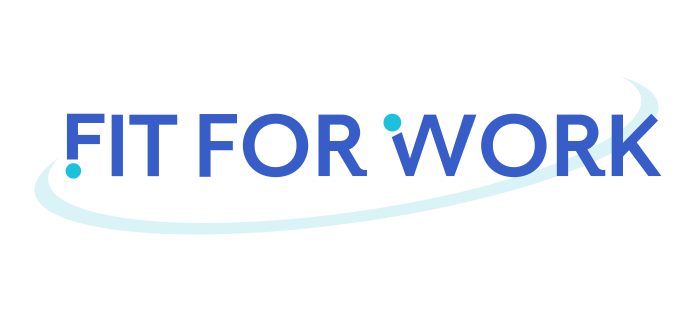


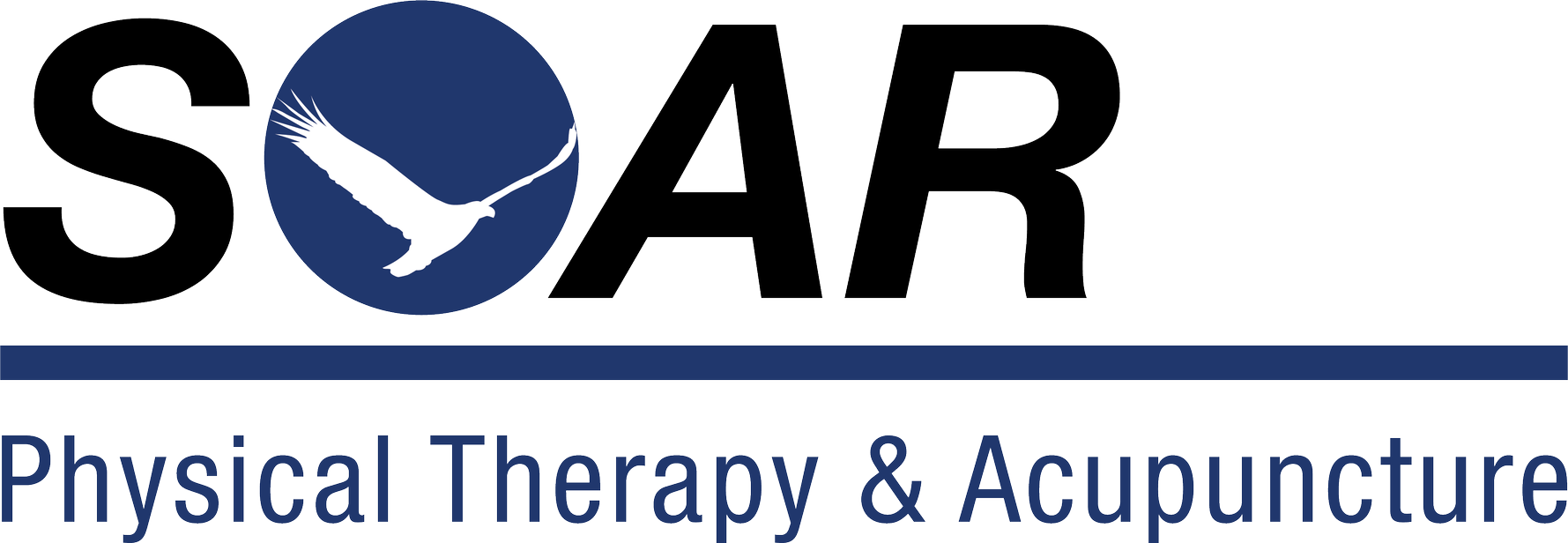

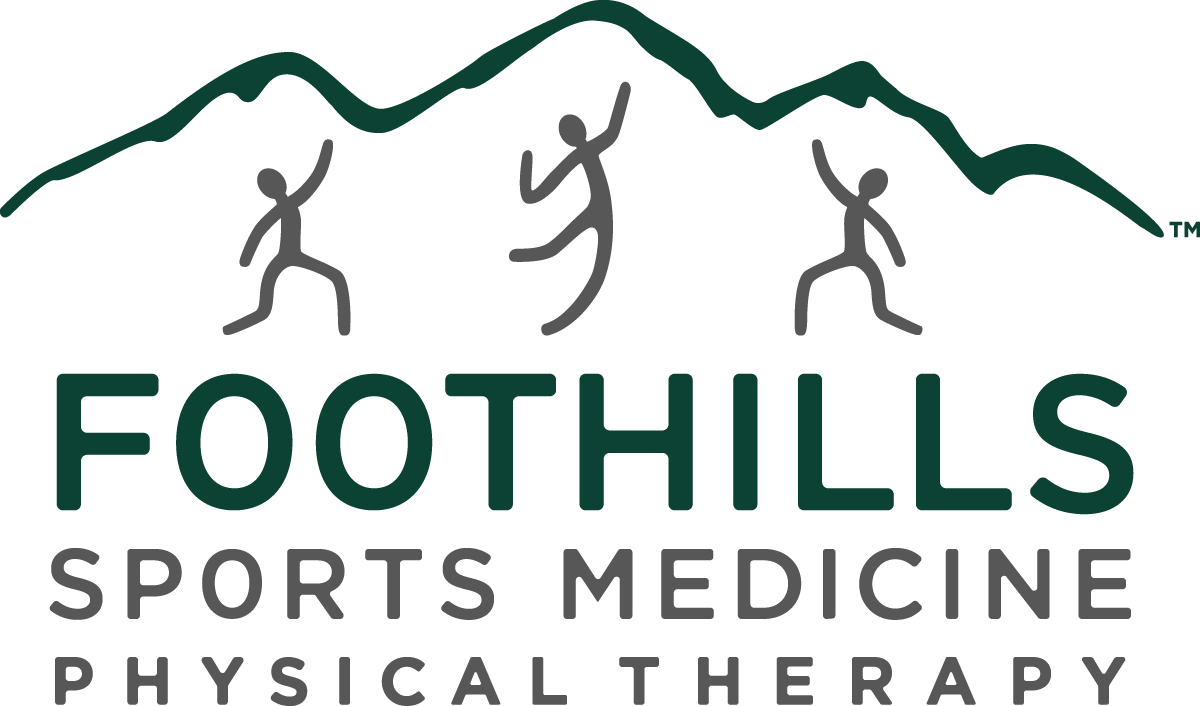
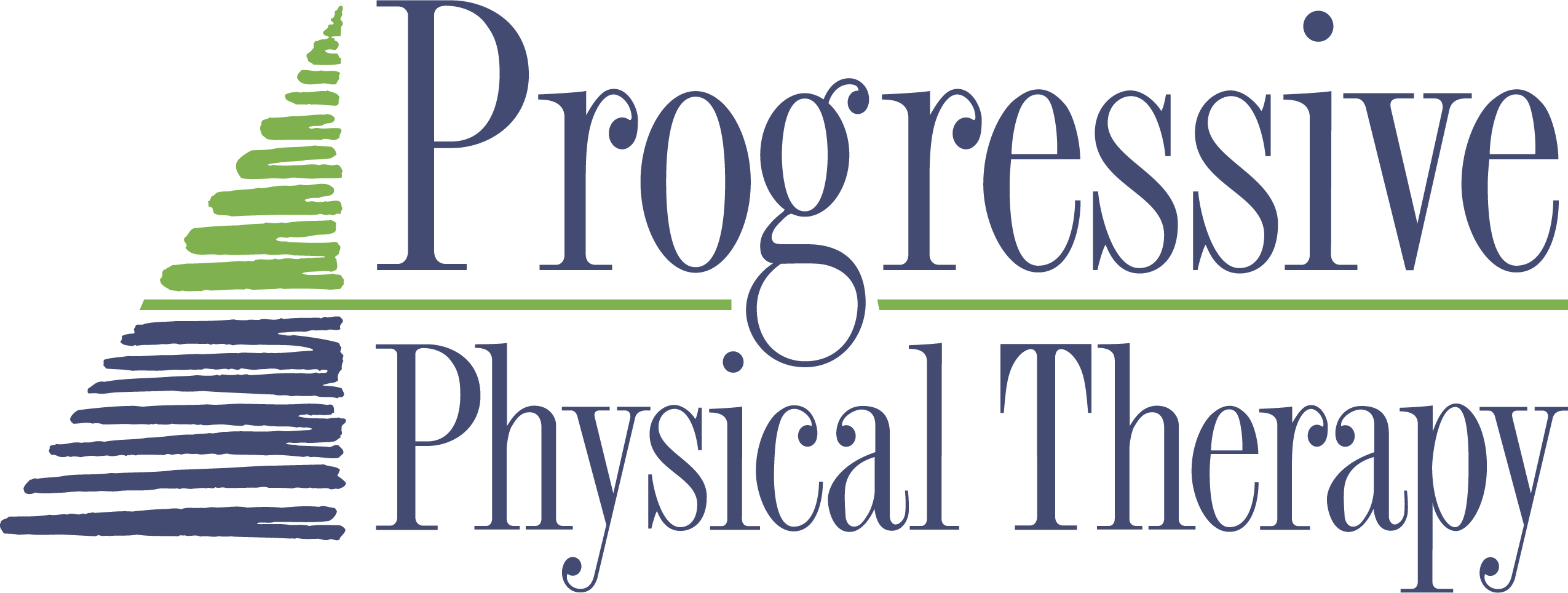

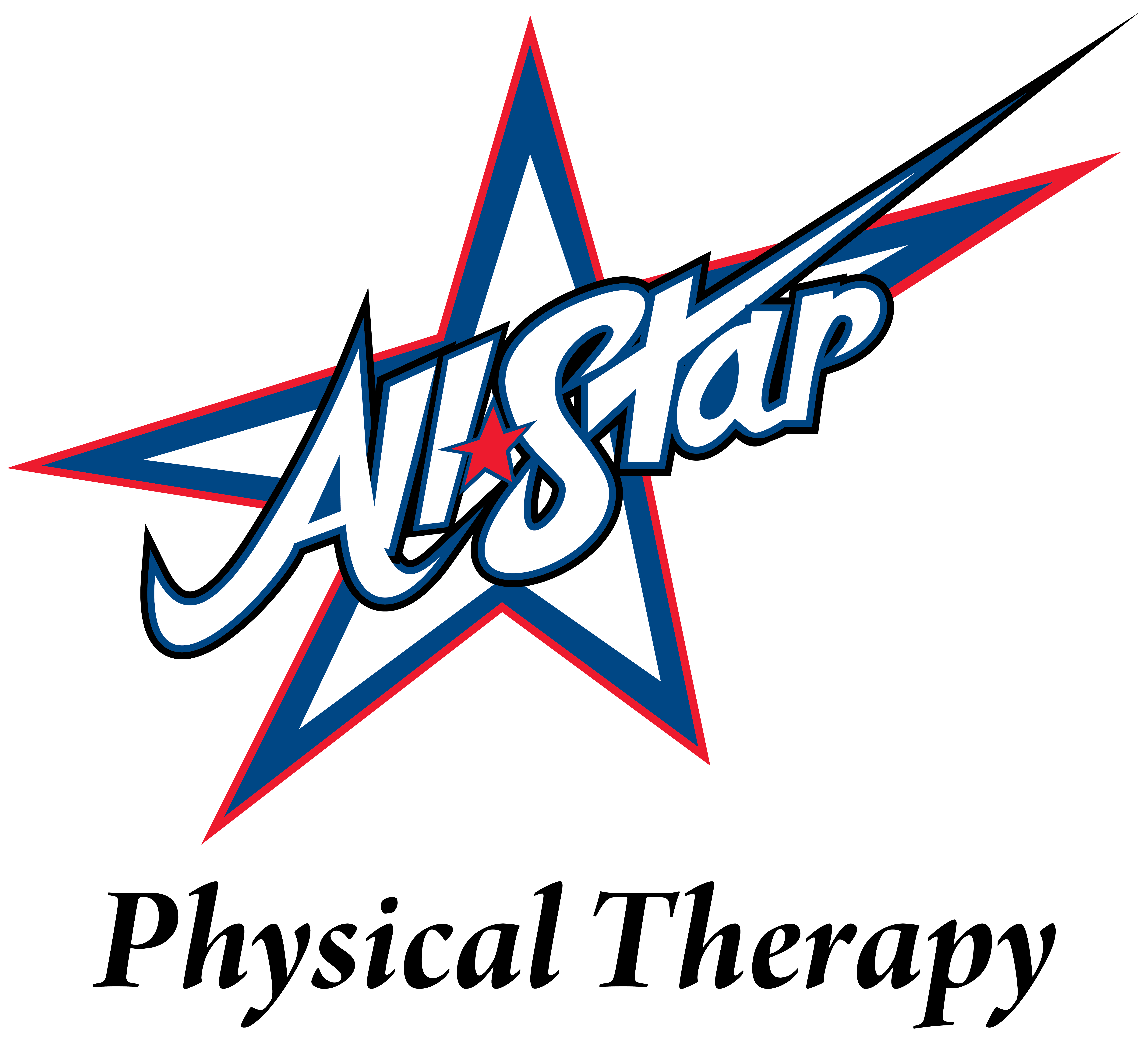




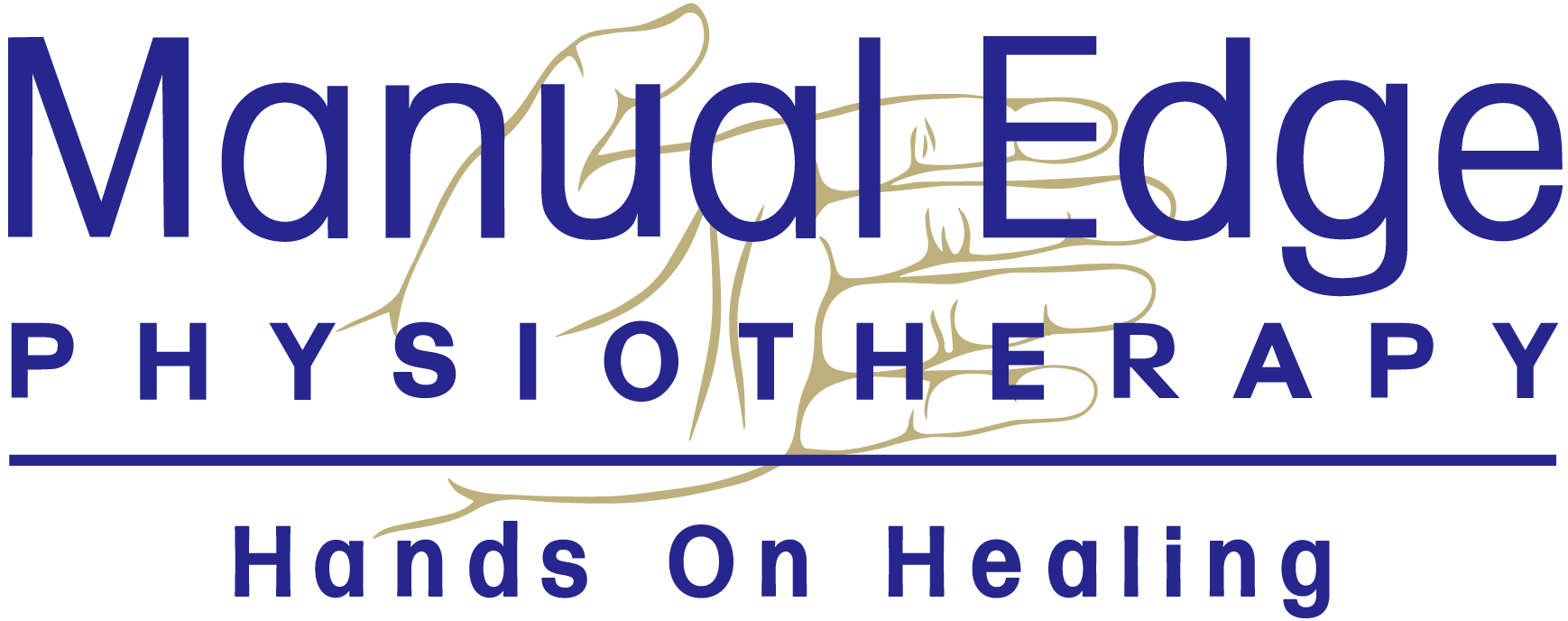
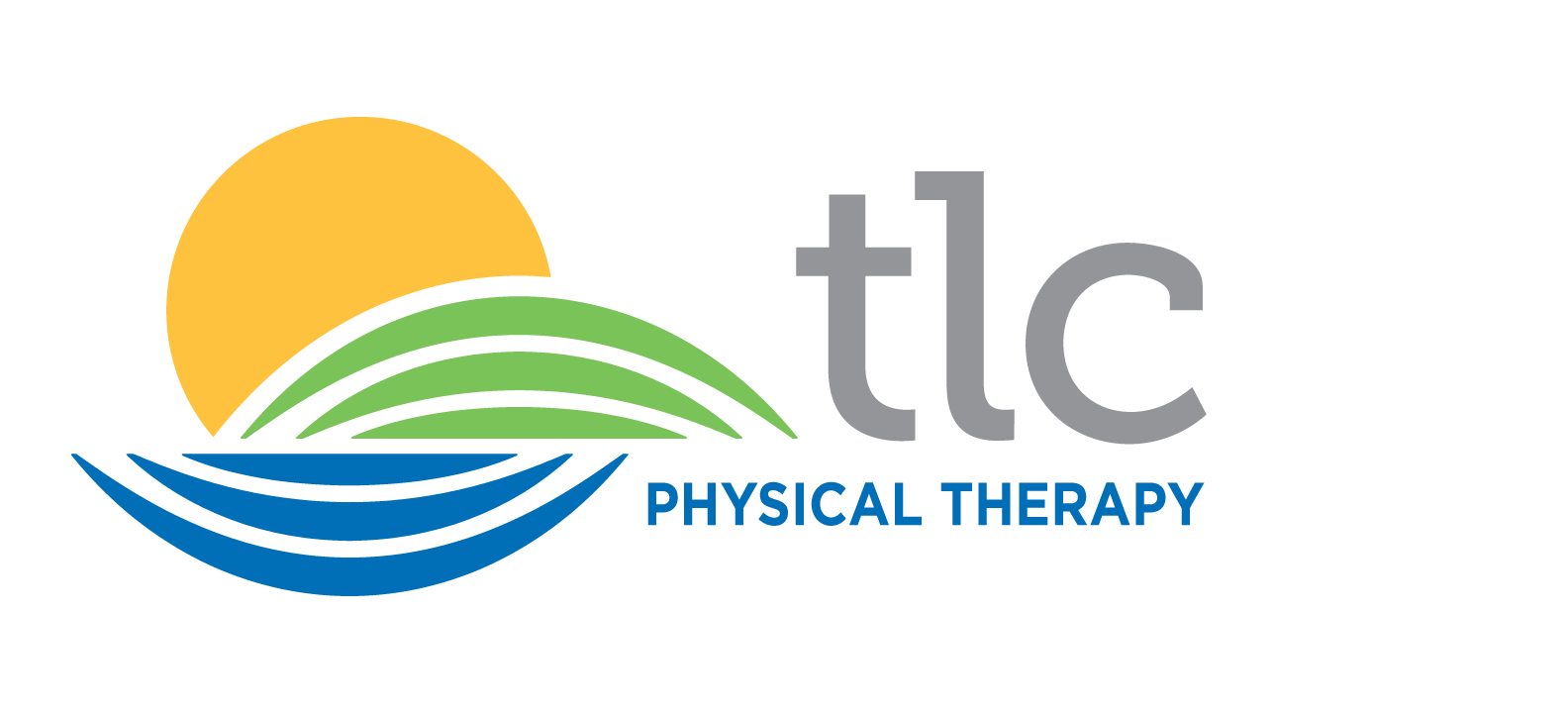
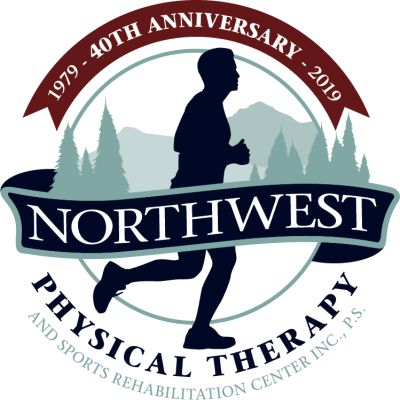



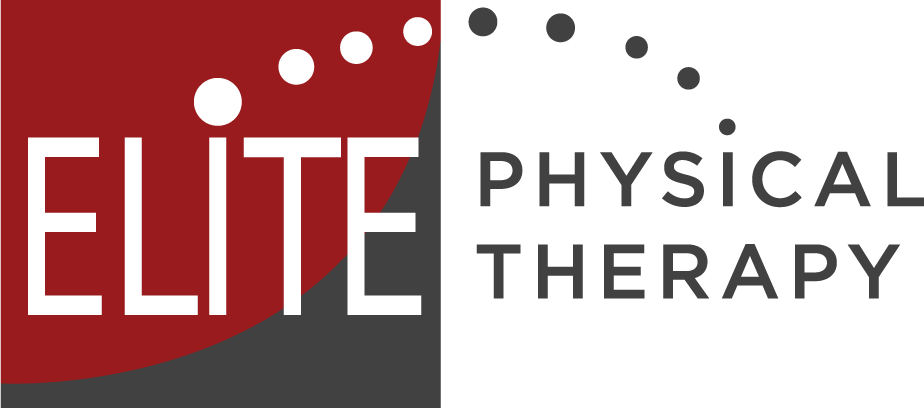

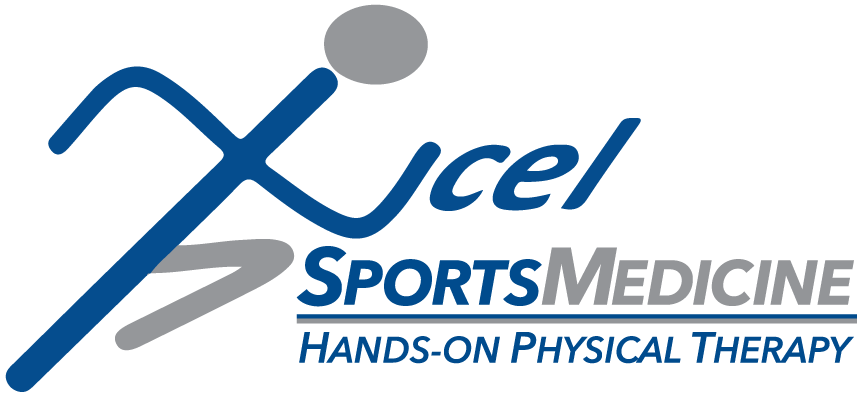



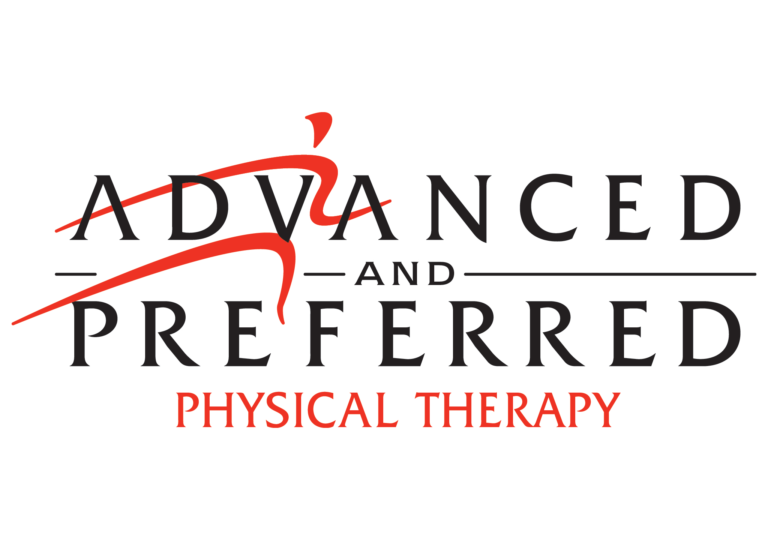



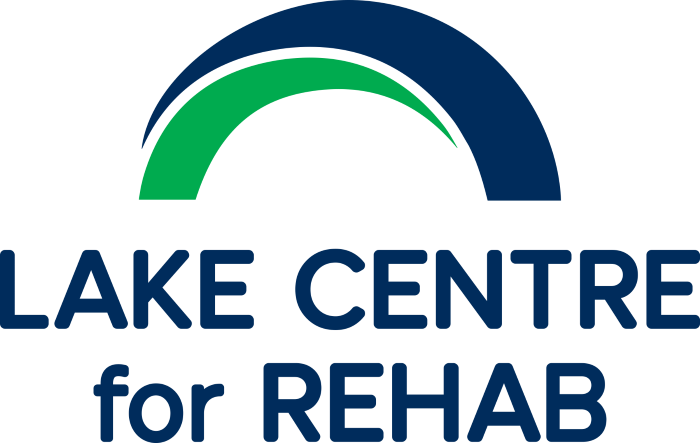


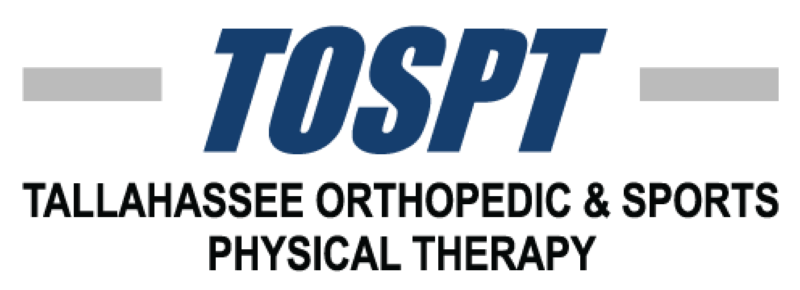






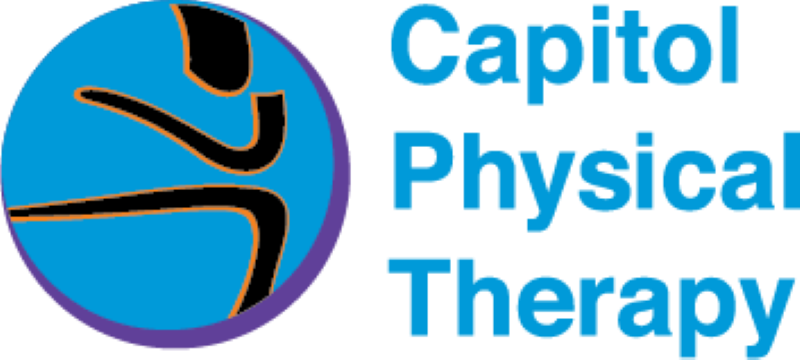






 Director of Marketing, Training and Professional Development
Director of Marketing, Training and Professional Development Marketing Consultant | Boutique Partners
Marketing Consultant | Boutique Partners Digital Marketing Specialist
Digital Marketing Specialist Digital Marketing Manager
Digital Marketing Manager Senior Graphic Designer
Senior Graphic Designer Content Production Manager
Content Production Manager Graphic Designer
Graphic Designer Senior Director of Partner Growth
Senior Director of Partner Growth Hive Marketing Liaison
Hive Marketing Liaison Digital Marketing Campaign Specialist
Digital Marketing Campaign Specialist Marketing Analyst
Marketing Analyst VP Brand Communications
VP Brand Communications  Web Designer
Web Designer Marketing Communications Specialist
Marketing Communications Specialist PR + Communications Manager
PR + Communications Manager Senior Director, Consumer Media Group
Senior Director, Consumer Media Group